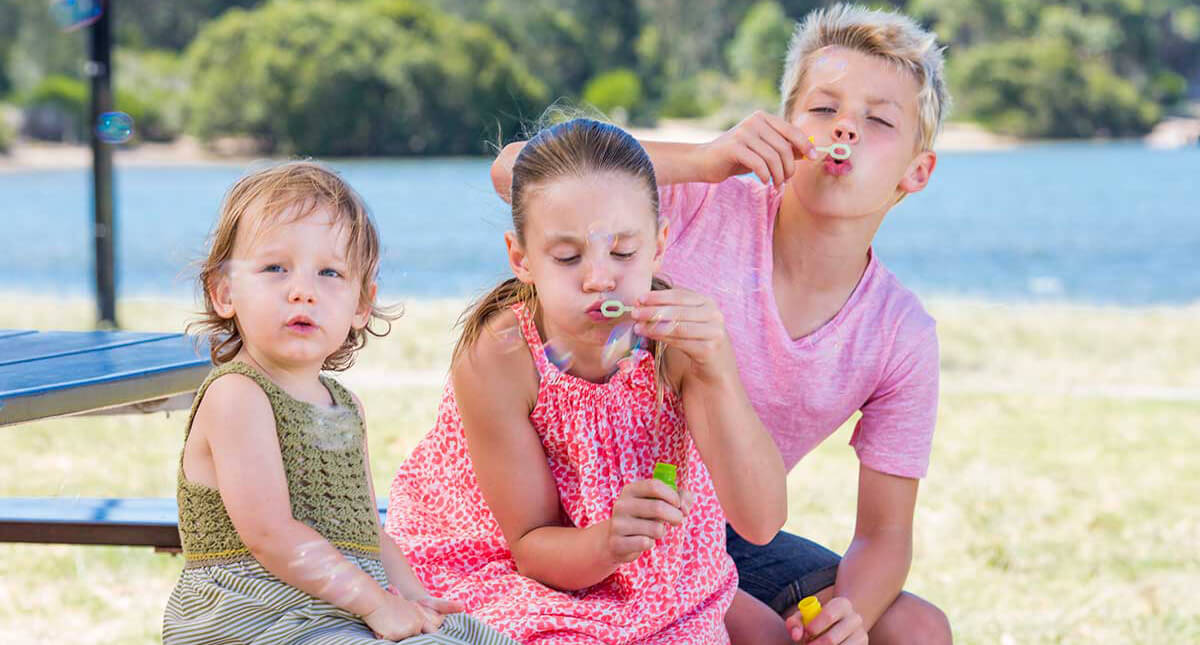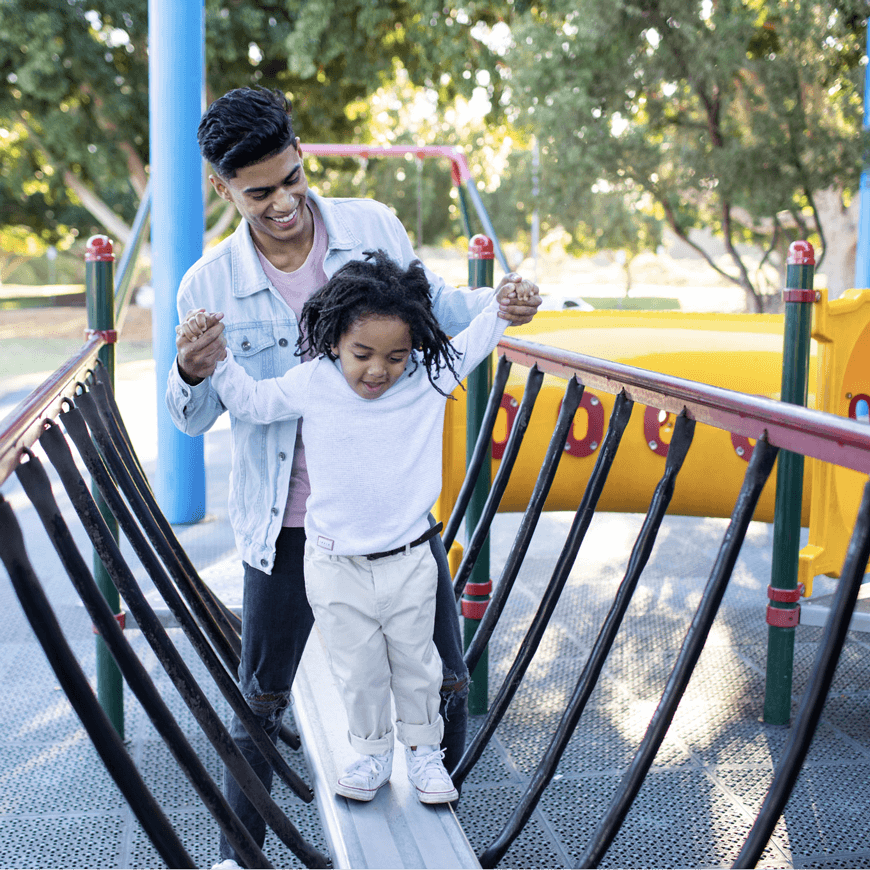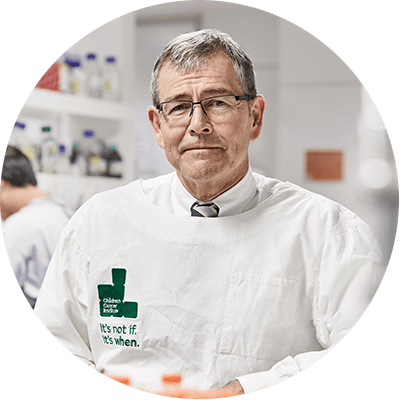Young people with sarcoma could have a brighter future through a new program led by child, adolescent and young adult cancer experts in NSW.
The vision for the new research is to give all sarcoma patients access to better diagnostic tests, therapy and supportive care.
Established with a $3.75m grant over five years from the Cancer Institute NSW, it is one of three Translational Program Grants worth $11m awarded in 2021.
Lead researcher, Professor Glenn Marshall, head of Translational Research at Children’s Cancer Institute Australia, has dedicated his career to changing the future for young people with cancer.

“The future we want to see is that all children, adolescents and young adults with sarcoma have access to their own novel combination drug therapies – chosen to match individual genetic and drug testing of their tumour tissue.”
Professor Marshall describes current treatments as a one-size fits all approach, but since there are more than 100 types of sarcoma this work will try to individualise diagnostics, treatment, model of clinical care, and survivorship to bring better outcomes to young people.
He says this new Translational Program Grant is vital to making it happen.
“It will allow our team to expand into new areas as part of the ongoing mission to bring better outcomes and brighter futures to children and young people with cancer,” he explains.
Through the work they hope to deliver clinical trials both in NSW and nationwide.
“We can establish NSW as the leading centre for sarcoma trials and survivorship outcomes in Australia, and improve the lives of our young people.
What is sarcoma?
Sarcoma is a cancer of muscle, bone and soft tissue which disproportionately affects children, adolescents and young adults.
It is a more general label for over 100 different cancer subtypes, many so rare that there is little therapeutic guidance.
Despite improvements in treatment and care, Professor Marshall says there is important work to be done.
“Sarcoma is the second most common high-risk cancer in our ZERO program, and it’s predicted to become the number one cause of death among 10–24 year-olds.
“What makes it more difficult is sarcoma patients generally have a high risk of relapse and resistance to conventional chemotherapy, yet we have no way of predicting treatment resistance.
“We hope our program can change this.”

Brighter futures for young people
Going beyond treatment, the new translational program will focus on improving all elements of life for young people with cancer.
Adolescents and young adults can face unique challenges even after cancer. These include coping with treatment and care during a formative time of life, and importantly the option to have children in future.
A/Prof Antoinette Anazodo, a member of the research team, has found that: “fertility preservation is at the top of most lists of what’s important to young people with cancer, and yet the services are not uniformly made available.”
The team will work with people with cancer and their families to improve this. Together they can build a model of care that makes sure these issues are addressed, and that people have more say in their treatment.
It takes a true collaboration to make this happen, and across the team will be NSW experts and leaders including:
- Associate Professor Antoinette Anazodo – model of care research
- Professor Claire Wakefield – improving psychosocial care
- Dr Loretta Lau – precision medicine and the rare sarcoma bank
- Professor Michelle Haber and Professor Murray Norris – drug discovery
A career dedicated to children with cancer
Throughout his extensive career, Professor Marshall has been driven to improve outcomes for young people with cancer in NSW.
Over 30 years he has published 230 original and review articles, with almost 11,000 citations.
Moreover he sees children and young people with cancer every day as patients who with their families provide him with the inspiration and direction for his research.

Professor Marshall is a Paediatric Oncologist at Sydney Children’s Hospital, Director of the Kids Cancer Alliance, Co-Director of Kids to Adults Alliance, Professor of Paediatrics, and Head of Molecular Carcinogenics Program and Translational Research at Children’s Cancer Institute Australia.
